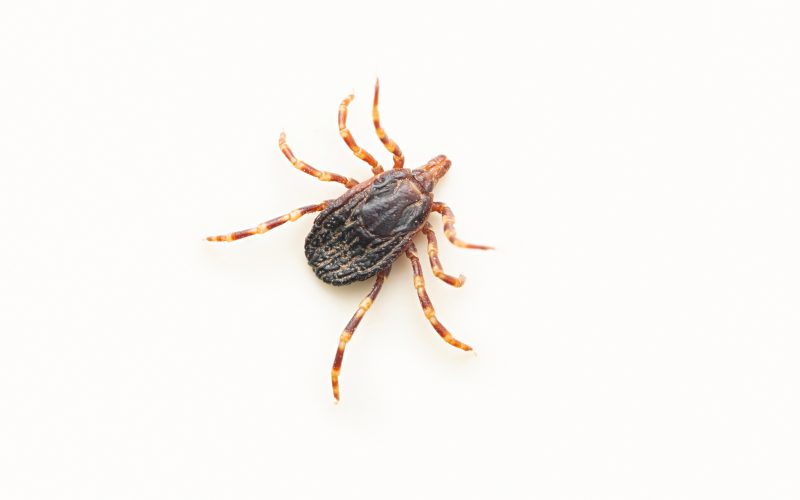New York Times columnist Ross Douthat joins us to talk about living with Lyme Disease, the pain and isolation he’s felt, and his new understanding of why some patients seek solace in conspiracies.
Read more


New York Times columnist Ross Douthat joins us to talk about living with Lyme Disease, the pain and isolation he’s felt, and his new understanding of why some patients seek solace in conspiracies.
Read more
Daniel Engber, senior editor at The Atlantic, joins us to discuss the parents – one a bioengineer in regenerative medicine and another a specialist in rehabilitation robotics – who found they had to rethink their life’s work to help their young daughter after an accident.
Read more
Neuroscientist Sidarta Ribeiro joins us to discuss how dreams are connected to how we learn and even how we understand our existence.
Read more
Wake Forest philosophy professor Adrian Bardon joins us to discuss why distrust of science is part of cultural identity, and why that’s a problem for furthering the goals of public health.
Read more
Casey Gueren, former executive editor and health director at Self magazine, joins us to talk about separating medical fact from fiction – and about how to choose a healthy lifestyle.
Read more
Bill Schutt of the American Museum of Natural History joins us for a fascinating look at what scientists are learning about how the hearts of creatures big and small function very differently than the human heart.
Read more
Maia Szalavitz joins us to discuss a new approach to drug treatment created by drug users and public health experts ready to think outside the box.
Read more
Dr. Scott Gottlieb joins us to discuss what he calls a system-wide failure of government to control Covid-19, and what needs to happen to prepare for the next global health emergency.
Read more
Dr. Paul A. Offit joins us to talk about the risks medical researchers must take to develop the lifesaving therapies we rely on.
Read more
Casey Schwartz joins us to talk about her experience of once being addicted to drugs that promised her better thinking, and about the pluses and minuses of distraction.
Read more
Seth G. Jones is director of the International Security Program at the Center for Strategic and International Studies, and he joins us to talk about American adversaries who are changing the game when it comes to international conflict.
Read more
Michele Bratcher Goodwin is a chancellor’s professor at the University of California, Irvine and founding director of the Center for Biotechnology and Global Health Policy, and she joins us to talk about how weaponizing the citizenry takes a cue from the Fugitive Slave Acts, and how the practice might affect liberty today.
Read more